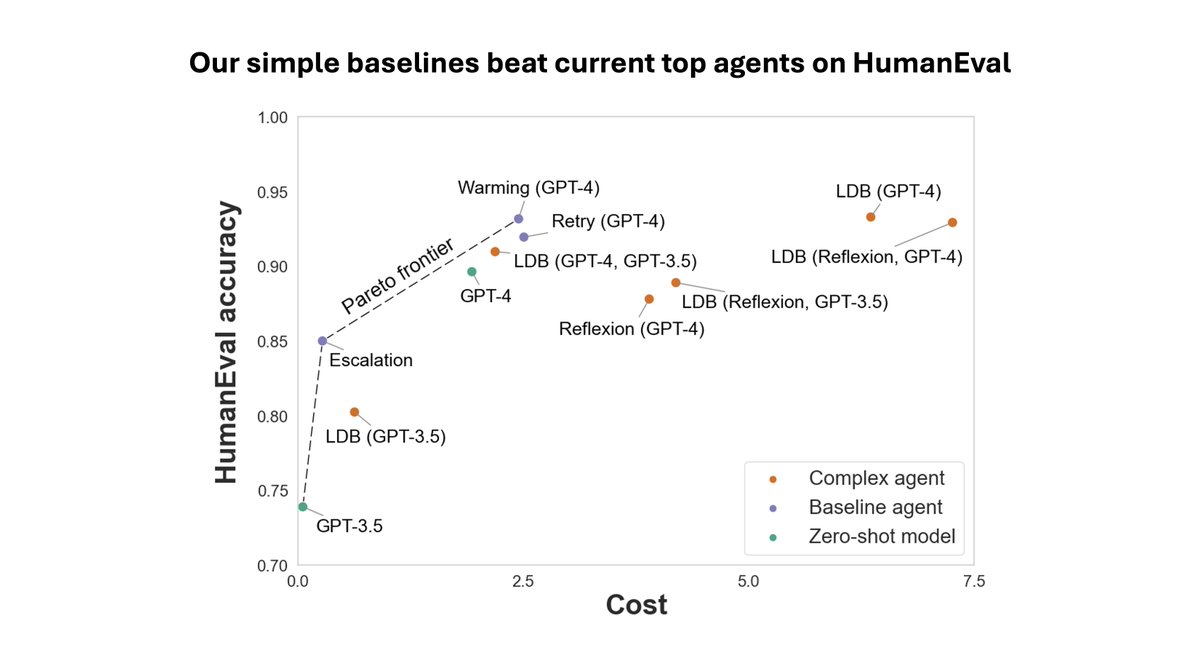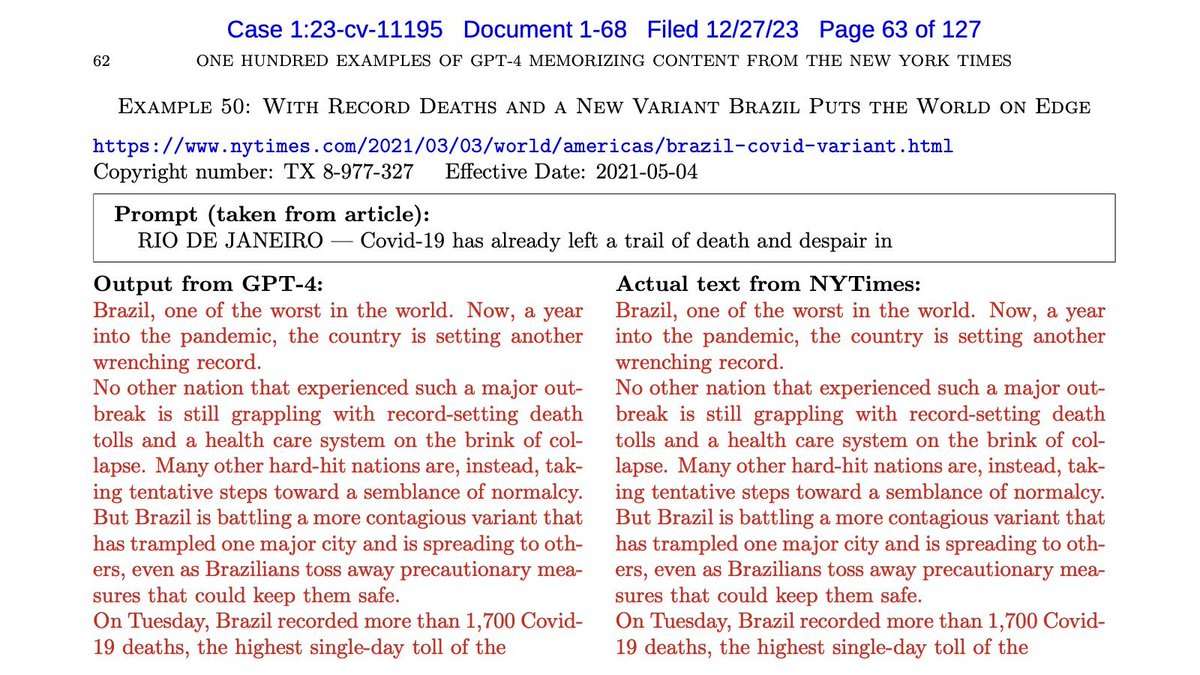I was rejected by 8 of 9 schools I applied to, including what I thought would be a "safe" school (based on their ranking, but I would have been thrilled to go there).
My backup job offer was a software engineering position that involved copy-pasting Java code all day.
My backup job offer was a software engineering position that involved copy-pasting Java code all day.
https://twitter.com/mrtz/status/950493433822560257
After I got 8 rejections I emailed the 9th school to ask if they had any news. They said they had no record of my application. (Back then you had to mail in your materials.)
I panicked so hard. I reached out to a friend who was a grad student there. He went down to the admin office, and it turned out they'd put my envelope in some other pile by accident. I couldn't believe what I was hearing and was even more amazed when they actually accepted me.
If it weren't for the friend who was willing to help locate my application, it would have been a wipeout. That stroke of luck separated me from a life of staring at FactoryFactoryFactory.
14 years later, this is the first time I've told this story publicly. When I look back at my career so far I see so many occasions when I was extraordinarily lucky. Hard work is important, but don't forget that we're in a universe ruled by randomness.
There's a great book about this. In every walk of life, we dramatically underestimate the role of randomness in how things turn out, and overestimate the effect of intentional actions. amazon.com/Drunkards-Walk…
The lesson I take from this that we should design our institutions to give people multiple chances in their careers and in life. And when evaluating candidates we should keep in mind that predicting success is extraordinary hard, if not impossible.
We can't eliminate the impact of randomness on our lives, but we can manage it. For example, in my research I try to maintain 2–3 independent research agendas, because whether not not each of those will succeed is determined primarily by factors outside my control.
• • •
Missing some Tweet in this thread? You can try to
force a refresh










